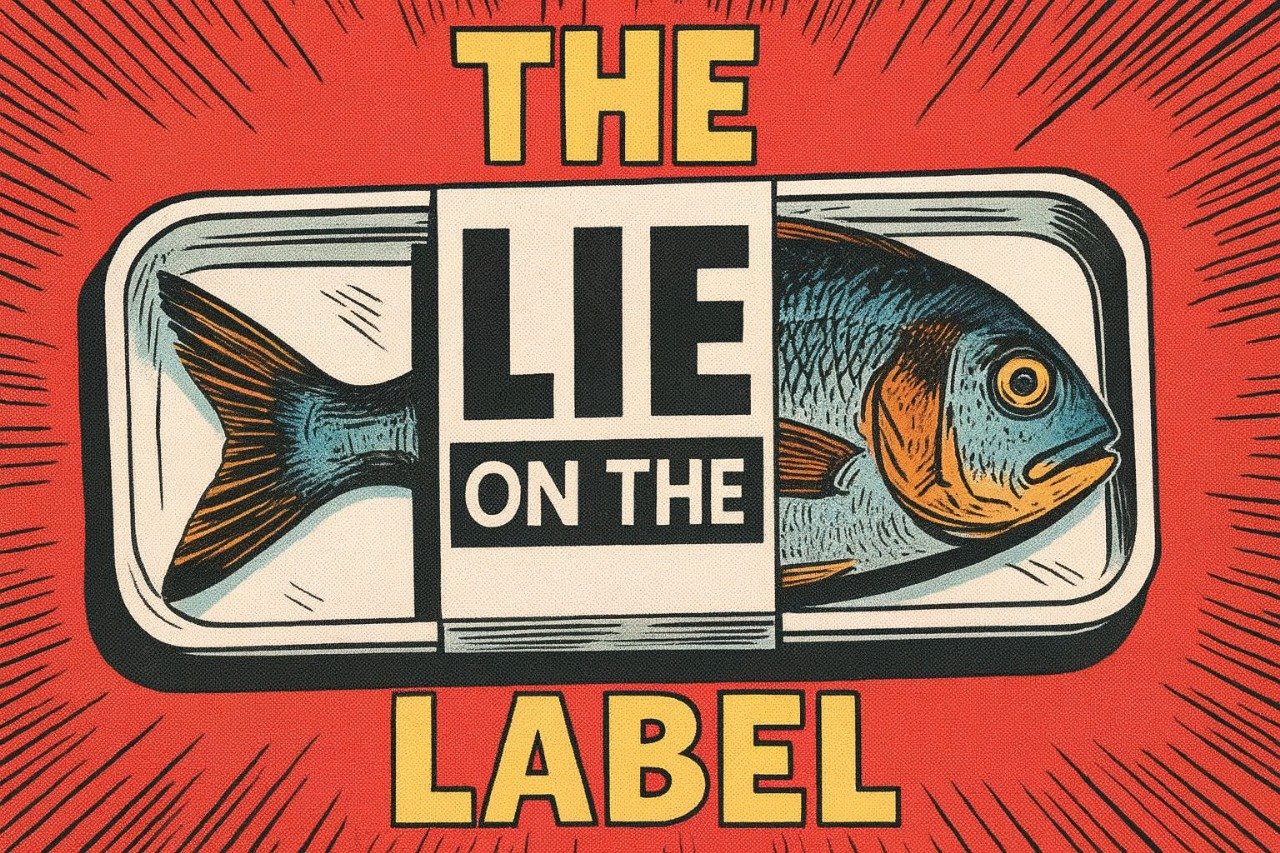From mislabeled fish to the use of undeclared additives, fraudulent practices in the seafood trade are posing serious threats to food safety, livelihoods, and consumer trust. With global seafood consumption per capita having doubled since the 1960s—and expected to double again by 2050—concerns over authenticity and safety are escalating. According to the Food and Agriculture Organization (FAO), the fisheries and aquaculture sector employs 62 million people in primary fish production, while 600 million people globally depend on it for their livelihoods. Fraud can occur at any point along the increasingly complex supply chain, from harvesting to retail, making monitoring and traceability a growing challenge.
Data Protection and DPDP Act Readiness: Hundreds of Senior Leaders Sign Up for CDPO Program
A United Nations-Backed Scientific Intervention
In a first-of-its-kind international collaboration, the FAO and the International Atomic Energy Agency (IAEA) are launching a joint, five-year research initiative to counter seafood fraud. Operating under the Joint FAO/IAEA Centre of Nuclear Techniques in Food and Agriculture, the project will equip participating nations with cutting-edge nuclear and related analytical techniques to verify product authenticity and enhance supply chain transparency. The goal: build scientific capacity, strengthen national food control systems, and protect consumers from fraud.
How Atoms Can Expose a Lie
One of the most effective tools in this initiative is stable isotope ratio analysis. By examining the ratios of light elements such as oxygen in fish tissue, scientists can determine the geographical origin of the catch and confirm whether it was wild-caught. This analysis reflects the environmental and ecological conditions in which the fish lived, making it extremely difficult for fraudulent suppliers to fake the source. “This project provides Member States with a valuable opportunity to collaborate in combating fraud and de-risking the seafood supply chain using robust nuclear science-based tools,” said Debashish Mazumder of the Australian Nuclear Science and Technology Organization, a key partner in the initiative.
Securing the Future of Global Fisheries
The IAEA’s Food Safety and Control Laboratory will support countries in applying these nuclear techniques to ensure seafood is safe, authentic, and fit for international trade. The project not only aims to protect consumers but also to bolster the resilience of fishing communities by safeguarding the integrity of their products. By making fraud detection scientifically rigorous and internationally coordinated, the initiative promises to restore confidence in seafood markets and support sustainable aquatic resource management for decades to come.



